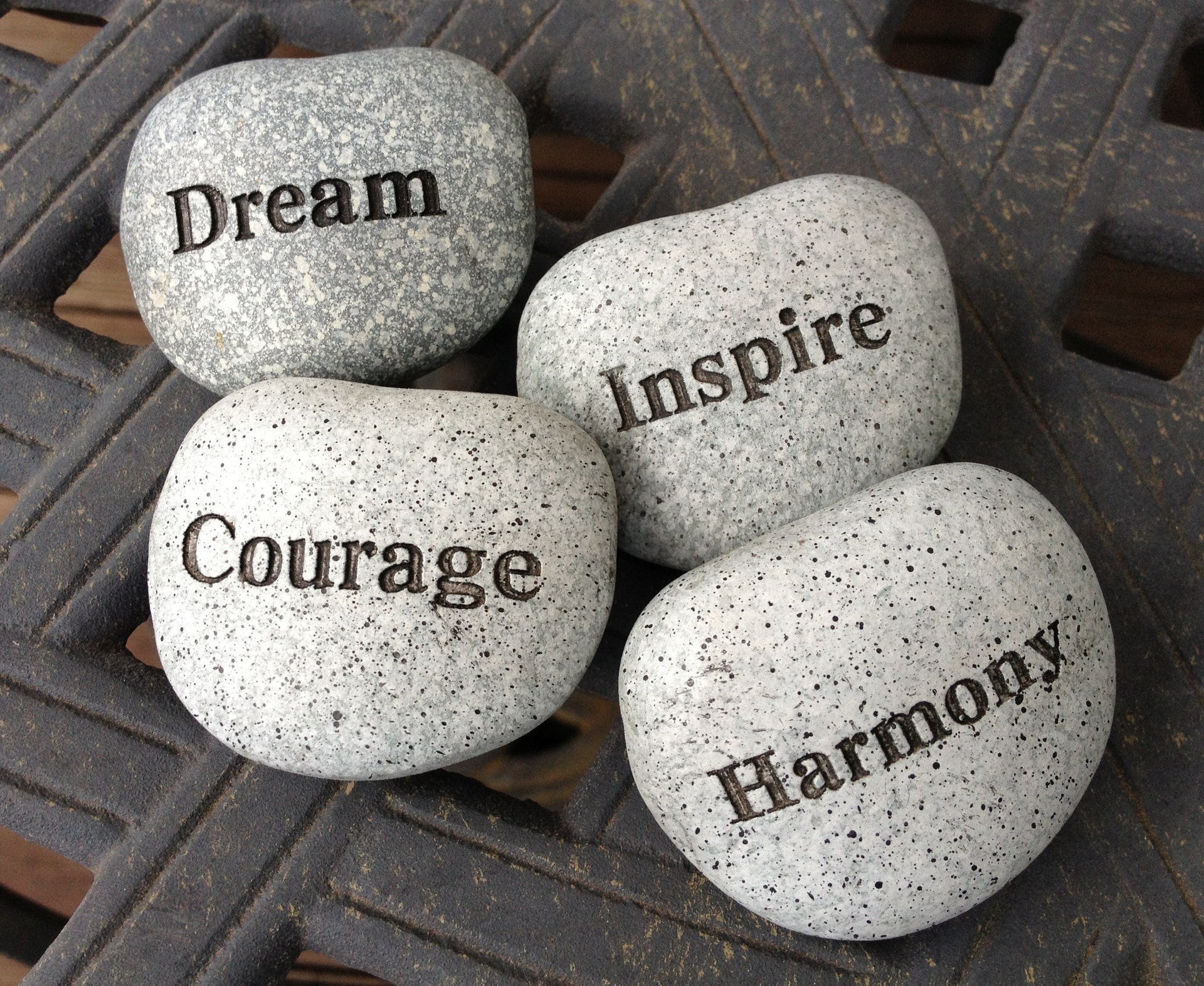
If you’re like me, chances are you sometimes freeze when hearing racist ideas, words, messages, metaphors, and dog whistles. Your mind goes blank. Knots form in the pit of your stomach. Your fight or flight instincts kick in. While I’ve come to embrace this reaction as my process, I can usually trace these feelings to my experiences growing up as multi-racial Black girl in a predominately white suburb.
I will also say that over time this fight or flight instinct has subsided. The work I do has contributed significantly to this fact since it involves me supporting people to wrestle with ugly realities of racism. In these spaces, I’ve learned to embrace the discomfort that stems from these conversations. Its something I welcome—even crave. Discomfort signals cognitive dissonance; a sign a participant’s worldview is being challenged. But when I’m in my day-to day, walking to the train, working out, or riding in an Uber, without fail a problematic comment is made or a situation occurs that signals racism is alive and well. When that happens I still find it difficult to respond.
As a result, I’m determined to improve the ways I can #InitiateEquity in these smaller, more intimate moments. Below are some ways I’m finding comfort in the discomfort that stems from challenging racism in my everyday life.
- Forcing myself to say something. Anything—just act. When someone makes a racialized comment I make it a point to get out of my head and respond with, “What do you mean by that?” or “Tell me more.” This forces me to act quiet my screaming my brain and turn the conversation back on the other person. A book I just finished reading titled, The 5 Second Rule, reveals that a 5 second window is the critical link between thoughts —> actions and thoughts —> inaction. Therefore, the next time you find yourself paralyzed, count down from 5-4-3-2-1 and then ask them what they meant.
- Practicing the language I would use. This means I literally practice the words I would use aloud. The exercise allows me to hear my own voice and workshop my response to racism. If I’m watching TV, I even do this with the program to simulate a dialogue. Not kidding. Therefore think about the typical comment(s) you hear in your day-to-day and practice what you would say in response. It could be a difference maker.
- Surrounding myself with individuals who can help me process my experience. This can include calling a homegirl to discuss the situation. She helps to validate my experience and keeps me sane. For those who experience racism—its frustrating to hear you’re being “too sensitive” or to see your experience “white-washed” away as innocuous incident. Call people who care about you. They will let you know whats what.
- Strengthening my understanding of the complex history of race and racism within the US. Being rooted in the historical and current ways Black people and People of Color collectively experience a racialized system of disadvantage is critical. One book in my current rotation is Stamped From the Beginning by Ibram X Kendi. Within it discusses the incendiary nature of racism and how its ideology is deeply seeded in Western society. Check it out to support you deeper understanding of our collective history.
- Listening to podcasts that discuss racism and intersectionality within pop culture, politics and everyday life. Though not exhaustive—they support my ability to critically read what’s happening around me.
- The Read (My definite fav—though disclaimer its intended for mature audiences).
- Code Switch.
- Another Round.
- Pod Save the People.
- Remembering compassion. Confronting racism is hard and preserving my physical, spiritual, mental and emotional well-being remains a priority even as I actively play my position in dismantling this system. There may be times my response doesn’t come out in the way I intended or my words become twisted and unclear. However, in these moment, its important I still act Action builds confidence. Also, I can always rephrase my words if necessary. Speak it how you feel and the rest will come.
Over time, these actions have supported my own sense of agency and preparedness to address every day racism. This list may grow, and it may change, but its provided me with concrete ways to act and I hope it will do the same for you. If after reading you too found them helpful or if there are others in your toolbox, share your experiences below so others can see how you #InitiateEquity.
Raise the conversation, revolutionize your organization.



